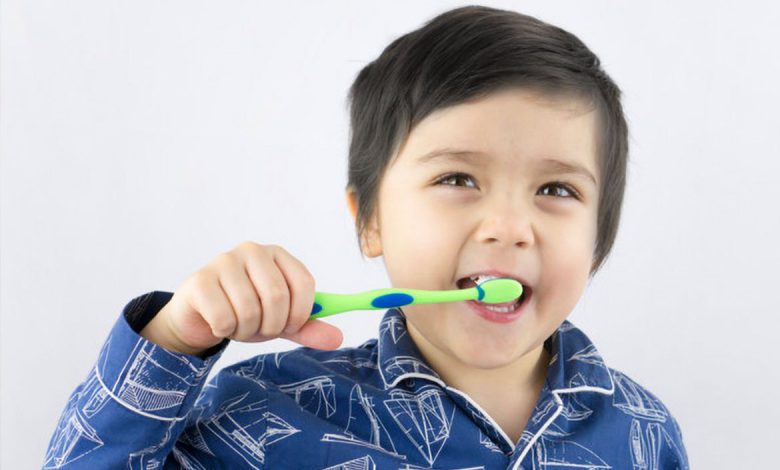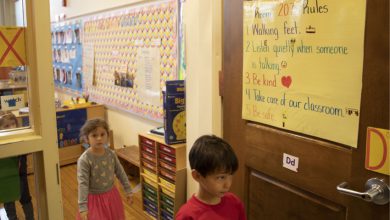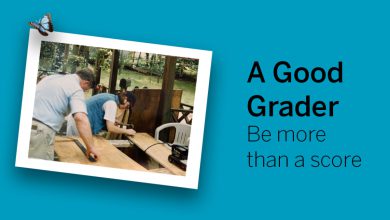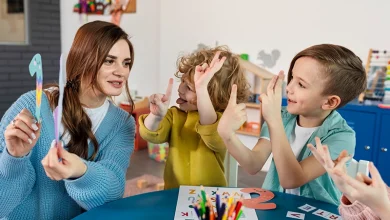Child Hygiene Education: Essential Tips for Parents

Children love messing things up and love being messy too. While it’s cute, overlooking hygiene for too long can do more harm to your child than good.
Moreover, there are lots of germs, bacteria and viruses waiting for an opportunity to sneak into the tiny tots’ bodies and spoil their health.
Maintaining hygiene not only keeps you healthy but also makes you more approachable while socializing. And the rules aren’t any different for children.
As adults, you may be following proper hygiene. But children need to be taught about hygiene patiently.
Cleanliness is godliness.
Help your children follow these 9 hygiene tips early in life to stay presentable everywhere, every time.
1. Focus on hands first
Most of our physical contact with our surroundings happen through our hands. So, it is necessary for kids to wash their hands with antiseptics and soaps once they return from play. Bruises and abrasions can be tackled well with antiseptic creams too.
2. Teach sneezing etiquette
It is one of the most important etiquettes as unguarded sneezing spreads germs. One should use a handkerchief or a tissue to sneeze so as not to make the person next to you uncomfortable. Kids should know how to excuse themselves from public space if you sense a sneezing fit coming right up.
3. Point out bad habits that need to be shunned
There are certain habits such as digging noses and biting fingernails which should be checked early in student life. Such habits unknowingly spread germs throughout the body and cause infections.
4. Maintain toilet etiquette
How one uses toilet speaks volumes about his upbringing and self-respect. Ensure that you teach your children to leave the lid of the toilet clean after use. Teach them to use the tissue paper and leave the toilet in a clean, dry and relaxing environment for proper use by the next person.
5. Pay attention to feet.
Everyone feels most relaxed at home. Children tend to climb the bed or sink into a sofa as soon as they come from outside. Teach them to wash their feet when they enter home.
6. Eat without spilling food.
Children do not have fully developed gross motor skills. So they cannot always eat without spilling. Also, they like playing with food. But as they grow, they need to learn to observe good table manners. Teach your children how to eat without creating too much mess on the dining table.
Teaching hygiene, like teaching anything else, takes a lot of time and patience. So there will be times when you’ll feel tired of repeating the same thing. Do persist. You’ll gradually notice small changes in your children’s hygiene habits.
Which of these tips have you been following already? How soon have you noticed your children practicing what they learn?





